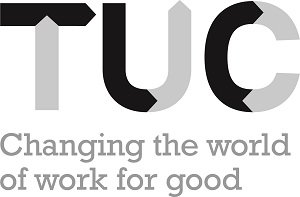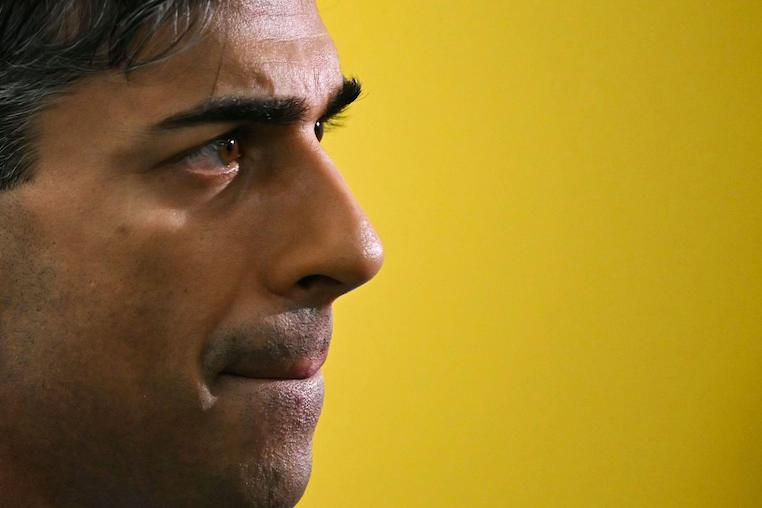What is child abuse?
Child abuse is a generic term describing the physical or mental mistreatment of anyone under the age of 18.
In 2020/21, there were over 24,800 child abuse offences recorded by the police in England and Wales,
This abuse takes a variety of forms, from serious sexual and physical assaults to mental and psychological ill-treatment.
Child abuse can be conducted by both commission, such as with sexual assault, or by omission, as in the case of neglect or abandonment.


According to the charity, the NSPCC, there are four main categories of child abuse: physical, sexual, emotion, and neglect.
Child abuse is a particularly sensitive, emotive and delicate issue, and is widely perceived as a heinous crime by the general public.
Most forms of child abuse are a criminal offence but civil actions may be taken in negligence against local authorities and police entrusted with child protection.
History
There is a vast range of legislation and common law guidance regulating the treatment of children, but the earliest statutory examples are the Infant Life Protection Act 1872 (regulating ‘baby farming’) and the Children Act 1889, imposing criminal sanctions to deter mistreatment of children.
Under the provisions of the poor laws, poor law guardians and juvenile courts were given powers to commit children into the care of local authorities.
Modern arrangements for child protection have undergone an intense period of review since 2001.
In particular, the Home Office published a white paper in 2002 entitled ‘Protecting the Public’, which put forward a number of new proposals relating to child abuse offences, including an offence of ‘grooming’ and the strengthening of the sex offenders register (created under the Sexual Offences Act 1997).
The new provisions were included in the Sexual Offences Act 2003; the legislation came into force in May 2004.
The Child Sex Offender Disclosure Scheme was launched by the government in 2008. The scheme, which allows parents, carers and others to find out from the police whether people who have contact with children have a record for child sex offences, is now available across all 43 police forces in England and Wales
Further reform of the inter-agency approach to child protection was called for following the Laming review of 2003. Lord Laming’s report was published in response to the tragic death of eight year old Victoria Climbie who was abused and then later murdered by her foster carer and her partner.
Lord Laming recommended fundamental changes to the organisation and management of services to support children and families. Among the many recommendations were the creation of a ‘Children and Families Board’ at the heart of government, a ‘National Agency for Children and Families’ and a national children’s database.
The death of another child, ‘Baby P’, in 2007, who lived in the same London Borough of Haringey under the same social care services as Victoria Climbie, provoked a huge public outcry. The 17 month old baby boy, Peter Connelly, had suffered horrific injuries over many months of abuse despite countless visits from local authority workers. His mother, her boyfriend and a lodger were later jailed in relation to his death.
Subsequently the Government commissioned a further report from Lord Laming which was published in 2009. Lord Laming noted that many of the reforms he had recommended in his previous report had not been implemented.
In 2010, the Coalition government confirmed its intention to publish SCR (Serious Case Review) overview reports, “appropriately redacted and anonymised.”
The Government said that the tragic case of Peter Connelly and other high profile cases had “shocked the nation” and “prompted public concern that vital information needed to be made available so that agencies could be properly held to account and all the lessons properly learned.”
The two SCR overview reports relating to Peter Connelly were published in October 2010.
A further report into child protection, the Munro Review published in May 2011, concluded that “a one-size-fits-all approach to child protection is preventing local areas from focusing on the child.” Professor Eileen Munro recommended that the Government and local authorities should “operate in an open culture, continually learn from what has happened in the past, trust professionals and give them the best possible training.”
In the last decade there has been a further number of controversies around child welfare in the United Kingdom. Amongst the most prominent of these have been an Independent Review into child sexual exploitation in Rochdale in 2013, and a review launched by the Football Association in 2016, into child abuse in football.
In 2017, the Digital Economy Act 2017 extended protection from online pornography by allowing sites which display pornography to children to be blocked in the UK.
Controversies
Although anyone responsible for child abuse of any sort is treated with public opprobrium, the issue of ‘paedophiles’ and the potential for their rehabilitation and subsequent re-introduction into society has attracted much controversy in the UK and elsewhere.
This is largely because of the highly emotive nature of the sexual abuse of children, resulting from the perceived innocence of youth, the vulnerability of children and social conceptions of these child abusers as evil and beyond help.
Indeed, when it comes to punishment for those convicted of sexual offences against children, the notion of rehabilitation and human rights is confronted by a social desire for punishment and retribution. This is reflected in a rising trend in vigilantism and ‘witch hunts’ against those released back into the community.
The issue remains a vexed one, with the judiciary’s sentencing of offenders and government initiatives to crack down on child abuse often clashing with social perceptions of the culpability of these offenders and the appropriate level of punishment.
The public outcry and the criticism of social services which followed high profile cases of child abuse, such as those of Victoria Climbie and baby Peter Connelly, was reported to have resulted in increased numbers of children being taken into care as social workers erred on the side of caution.
Care application statistics for January 2012, published by Cafcass, the independent Children and Family Court Advisory and Support Service, showed that 8,403 new applications were received between April 2011 and January 2012, a 12.4% increase compared to the same period in the previous financial year.
Statistics
Based on latest police recorded crime data, it’s estimated an average of 1 online abuse offence against a child was recorded every 16 minutes in England and Wales. [Source, NSPCC Website]
In 2018/19 Childline delivered 24,447 counselling sessions to young people plagued by a sense of despair, a three-year increase of a quarter (25%). [Source NSPCC]
Between April 2018 and March 2019 Cafcass received a total of 13,575 applications. The rates of care applications by local authorities per 10,000 population had risen from 8.0 in 2009/10 to 11.4 in 2018/19. [Source – CAFCASS]
1 in 5 adults aged 18-74 experienced at least one form of child abuse, or witnessed domestic violence or abuse, before the age of 16. [Source: Crime Survey of England and Wales].
Quotes
“Too often questions are asked if rules and procedures have been met but not whether this has helped children. Everyone in the profession can think of meetings and forms that don’t actually make a child safer. Whilst some regulation is needed, we need to reduce it to a small, manageable size. Professionals should be spending more time with children, asking how they feel, whether they understand why the social worker is involved in their family, and finding out what they want to happen.”- Professor Eileen Munro – 2011
“Agencies are working more quickly to ensure that children are removed from deeply damaging households where many have been for some time and are showing a lower tolerance for poor parenting. What we are seeing is an elimination of drift in neglect cases and a greater recognition of the appalling impact neglect can have on children.” – Cafcass Chief Executive, Anthony Douglas, February 2012










